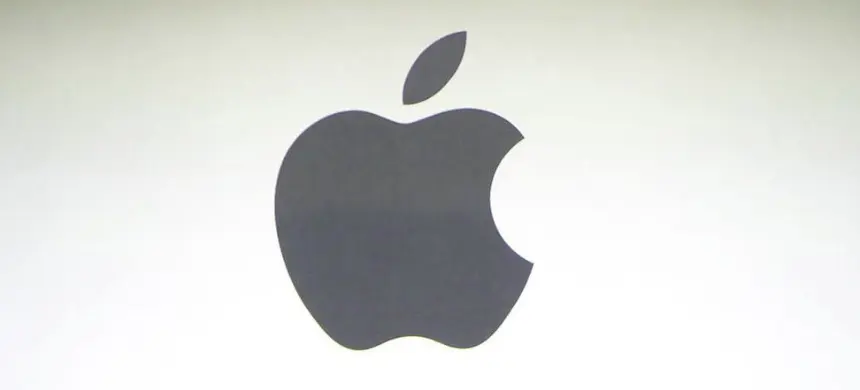Apple reported better-than-expected third-quarter iPhone sales and forecast further gains, attributing its optimism to new artificial intelligence features, even as its overall China business underperformed. Shares of Apple rose nearly 1% in extended trading, bucking the trend as other tech stocks saw declines. Anticipation is building for Apple’s upcoming fall release, which is expected to feature the most significant software upgrade for the iPhone, incorporating AI features. This comes as competitors like Samsung have already introduced similar services.
Apple projected revenue growth for its fiscal fourth quarter to be on par with the 4.9% increase reported in the April-June period, surpassing analysts’ expectations. In the third quarter, iPhone sales fell by just 0.9%, better than the anticipated 2.2% decline. Chief Financial Officer Luca Maestri remarked that the iPhone results exceeded his expectations from three months ago. “The iPhone 15 family has been performing well from the start and continues to do so,” he said, noting it has outperformed the previous iPhone 14 cycle.
Read More: Apple’s AI Features Rollout Delayed
However, sales in China, Apple’s third-largest market, declined by 6.5%, which, although an improvement from the previous quarter’s 8.1% drop, was worse than the expected 2.4% decrease. Maestri explained that, excluding foreign exchange effects, China sales fell less than 3%, and he remained optimistic about Apple’s performance despite economic softness in the region.
To compete with cheaper local alternatives like Huawei, Apple has offered significant discounts on its iPhones in China, with some models reduced by up to 2,300 yuan ($317). Looking ahead, analysts predict a strong upgrade cycle for the iPhone 16 series, expected to launch in September. Apple introduced several AI products and services under the Apple Intelligence brand at its developer conference in June. The Apple Intelligence features require at least an iPhone 15 Pro, potentially driving upgrades.
CEO Tim Cook mentioned that it was “too early to tell” if the upcoming AI features were influencing upgrades to the top-end iPhone 15 devices. While Apple’s AI offerings have been slower to market compared to rivals like Samsung, Microsoft, and Google, analysts believe its success hinges on keeping AI development costs low and offering compelling features to encourage price-sensitive consumers to upgrade.
Apple has ramped up its R&D spending, with over $100 billion invested in the past five years. Despite the high costs of AI development, Maestri stated that Apple maintains “very good gross margins” by splitting AI infrastructure costs between its own data centers and contracted cloud providers. On the regulatory front, Apple faces three investigations in the European Union related to the Digital Markets Act, and the U.S. Department of Justice has accused Apple of monopolizing the smartphone market and driving up prices.
Apple’s quarterly earnings per share were $1.40, exceeding Wall Street’s estimate of $1.35. Sales in the services segment, including the App Store and Apple Music, rose 14.1% to $24.21 billion, surpassing expectations. Mac sales grew 2.5% to $7.01 billion, and iPad sales surged 23.7% to $7.16 billion following the launch of new AI-focused models. However, sales in the wearables segment fell 2.3% to $8.10 billion. Apple maintained its dividend at 25 cents and announced a $110 billion stock buyback in the fiscal second quarter.











